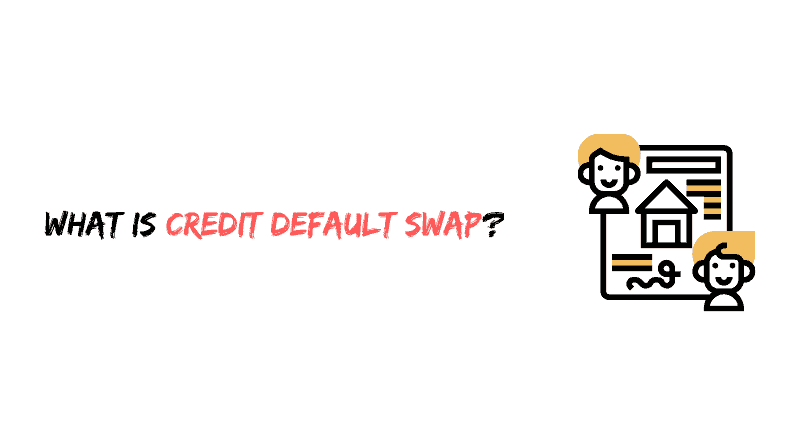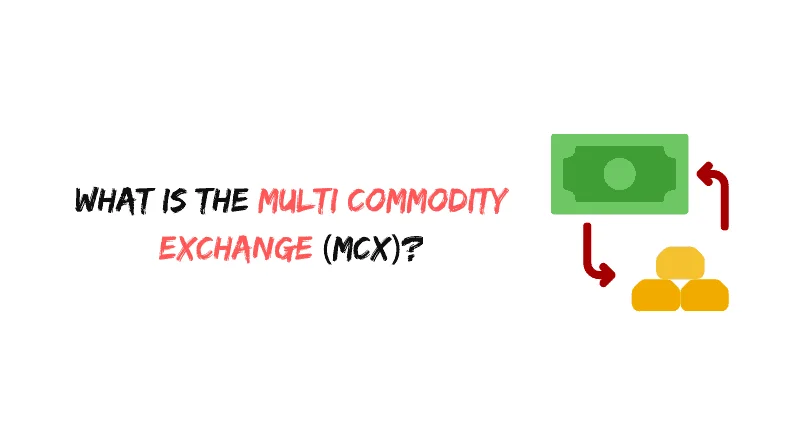Credit Default Swaps are a type of derivative contract that allows one investor to swap or transfer his credit risk to another.
If a lender is concerned that a borrower may default on a loan, for example, he might offset or transfer the risk.
To hedge against default, the lender purchases a credit default swap (CDS) from another investor who offers to compensate the lender if the borrower defaults. The majority of CDS contracts are maintained by a recurring premium payment, similar to how an insurance policy’s regular payments are paid.
This risk can be transferred to a company, country, or any other entity.
During the European sovereign debt crisis, credit default swaps were widely used.
Greece’s government bonds had a 94 percent default chance in September 2011. CDS were widely employed by hedge funds to bet on the prospect of the possibility that the country would default.














